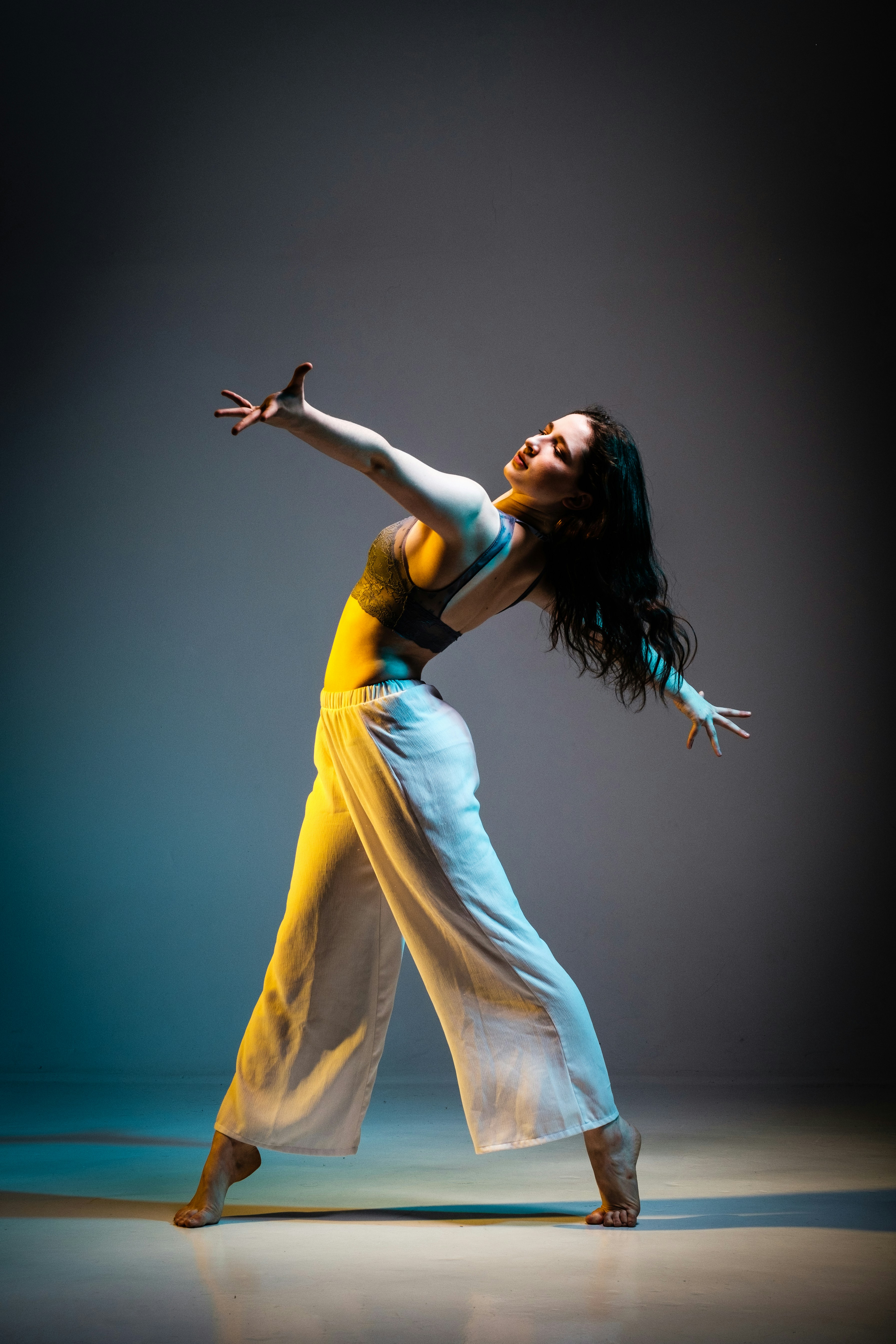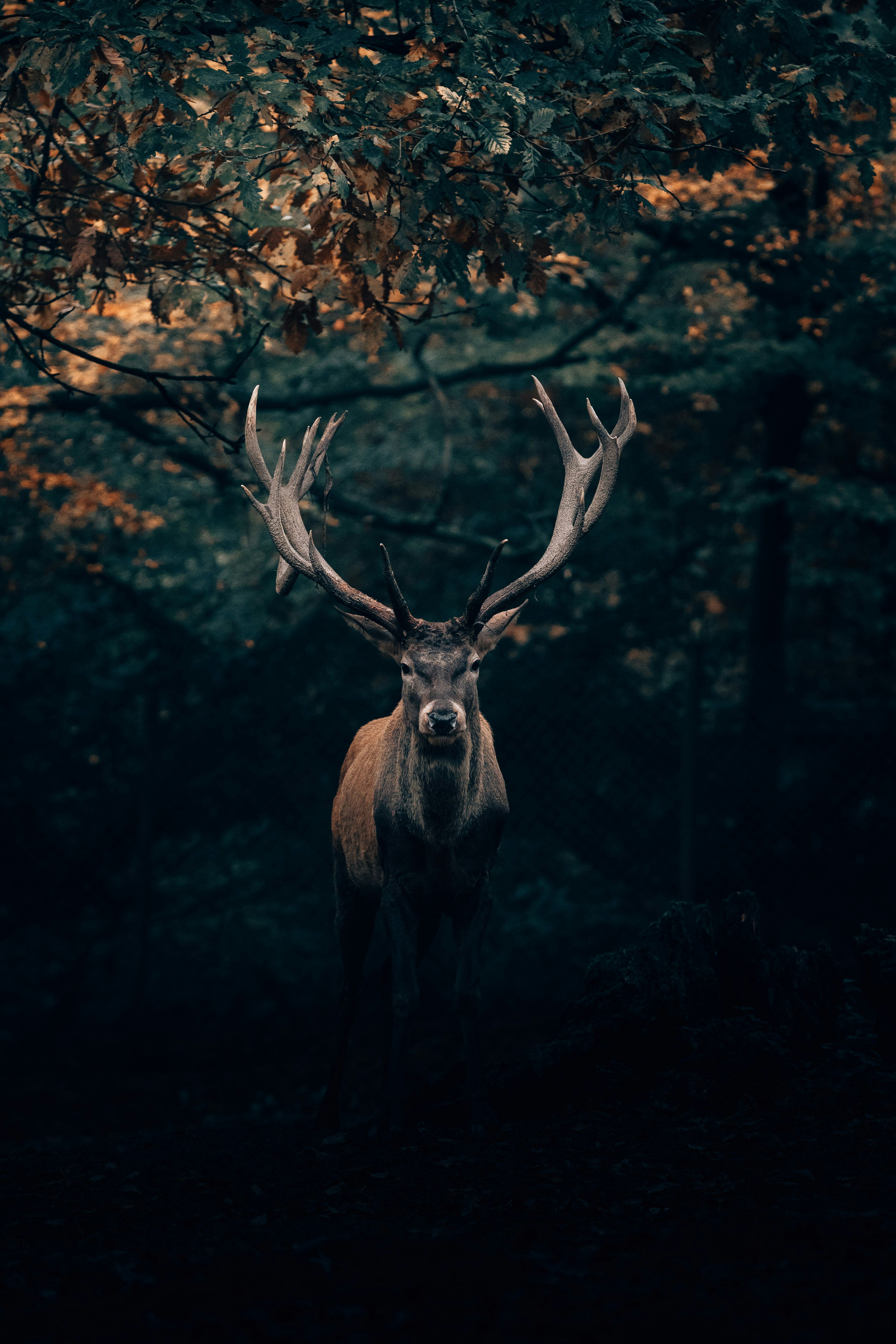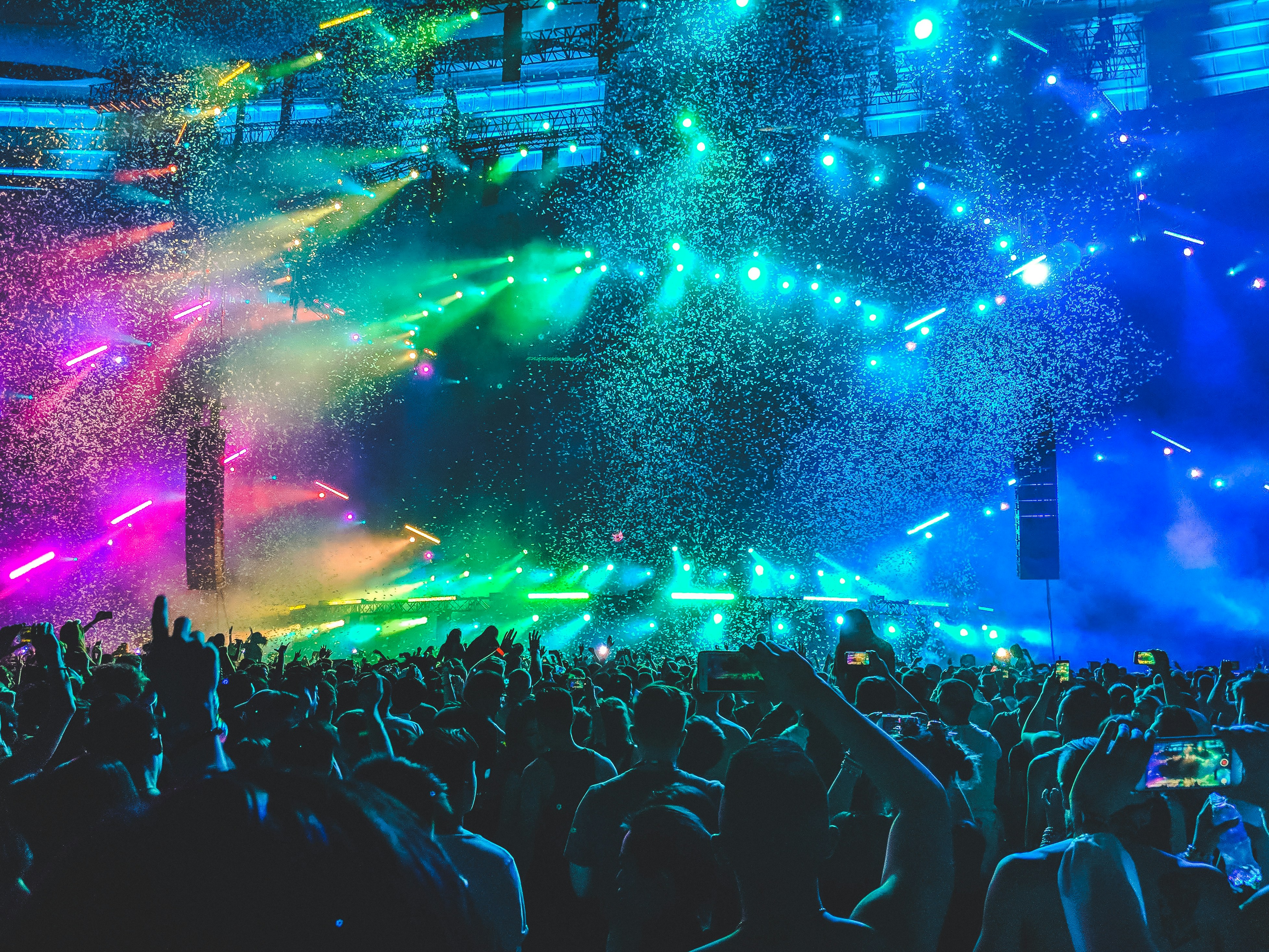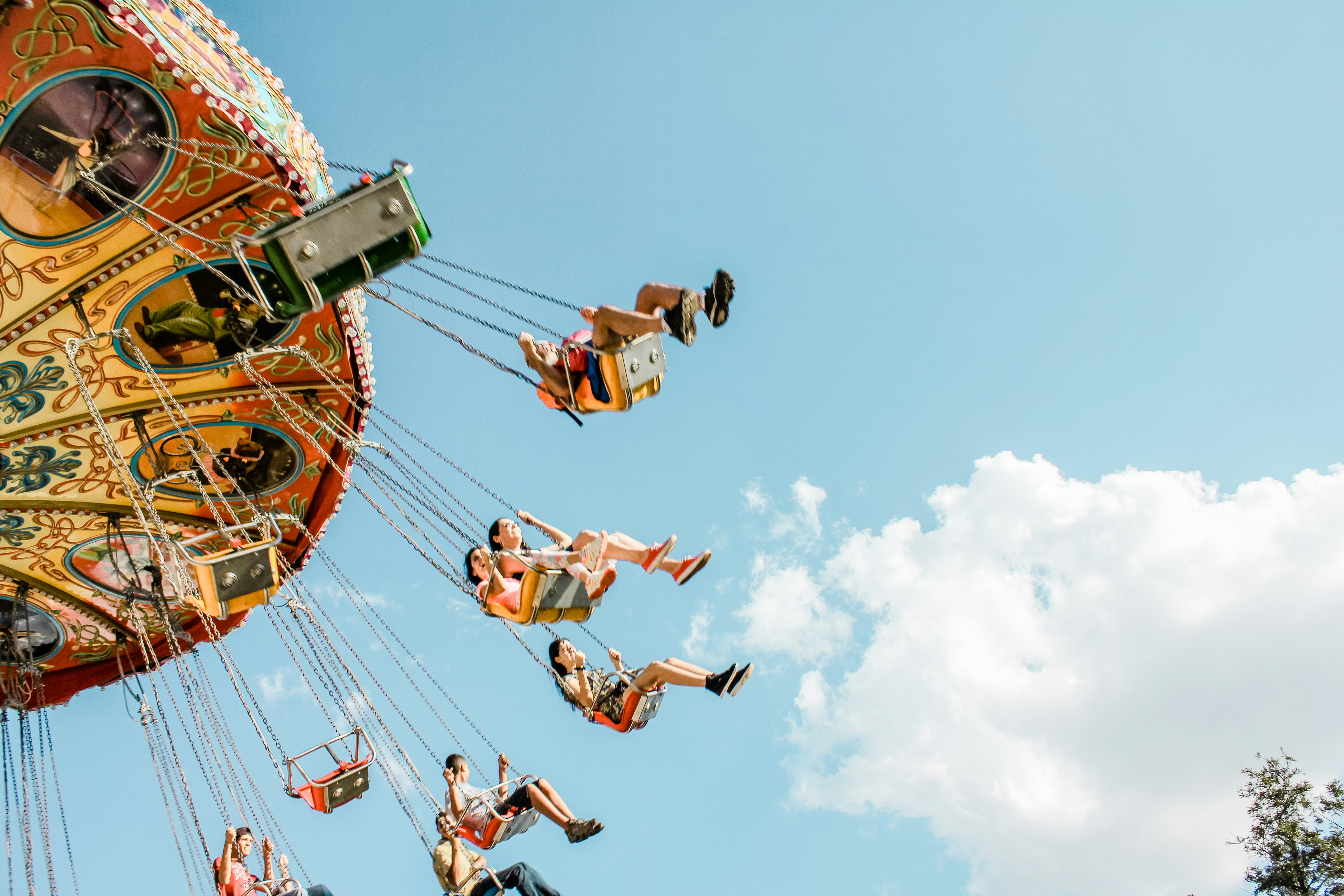In a world that moves at breakneck speed, ballet remains an oasis of deliberate grace—a testament to human artistry where every movement tells a story. From the disciplined precision of classical technique to the bold experimentation of contemporary choreography, ballet continues to evolve while maintaining its soul of poetic expression.
The Foundation: Classical Technique
The five basic positions—developed in the court of Louis XIV—remain the alphabet of ballet's visual poetry. Modern dancers still train with the same rigor as their predecessors, mastering turnout, pointed feet, and the illusion of weightlessness that makes ballet appear effortless despite its immense physical demands.


Breaking Boundaries: Contemporary Ballet
Today's choreographers blend classical foundations with modern sensibilities—incorporating flexed feet, angular movements, and even elements from hip-hop and acrobatics. Companies like Nederlands Dans Theater and Ballet BC demonstrate how ballet can speak in today's visual language while maintaining its emotional depth.
Did you know? The average ballet dancer lifts 1.5 tons worth of ballerinas during a single performance of Swan Lake. Their training combines the endurance of marathon runners with the explosive power of gymnasts—all while maintaining an appearance of floating elegance.
The Costume Evolution
From Marie Taglioni's iconic Romantic tutu (1832) to the sleek unitards of William Forsythe's works, ballet fashion mirrors artistic evolution. Modern designers use innovative fabrics that allow greater movement while creating striking visual effects under stage lighting—proving costume remains integral to storytelling.
Why Ballet Endures
In our digital age, ballet offers something increasingly rare: unfiltered human connection. The shared energy between dancers and audience, the live music, the tangible risk—these create moments no screen can replicate. As choreographer Crystal Pite observes, "Bodies in space will always be revolutionary."


Whether you're drawn to the symmetry of classical corps work or the raw emotion of neoclassical solos, ballet invites us all to witness the extraordinary potential of the human form—one perfectly placed step at a time.





















